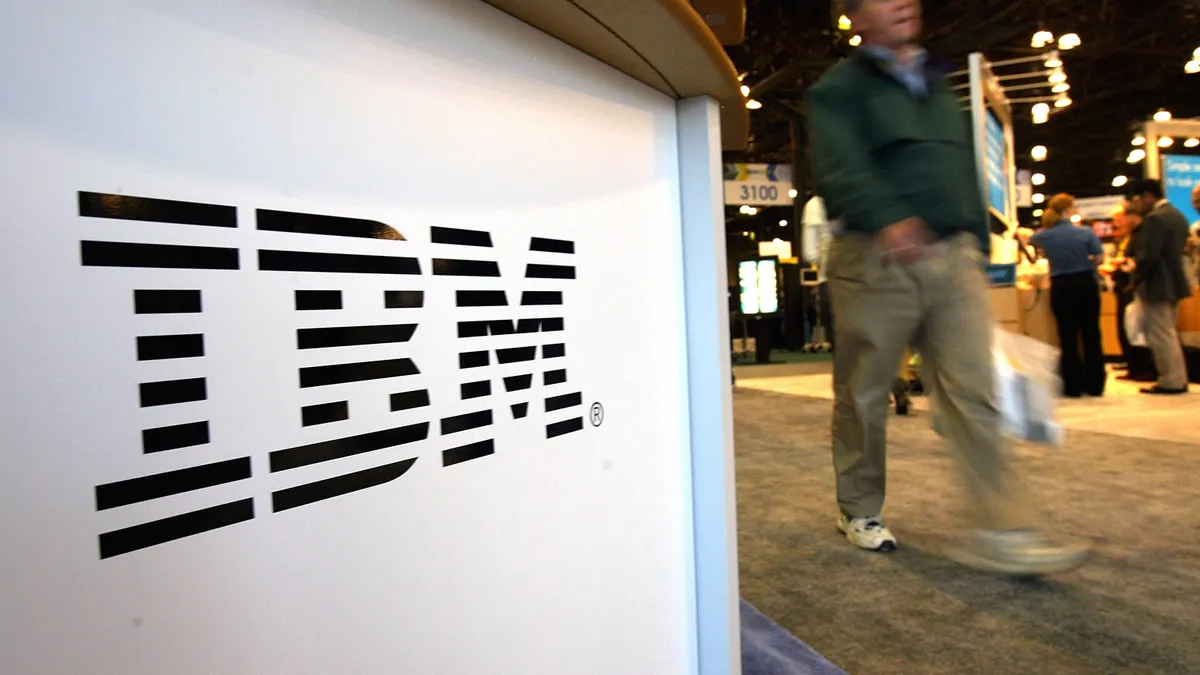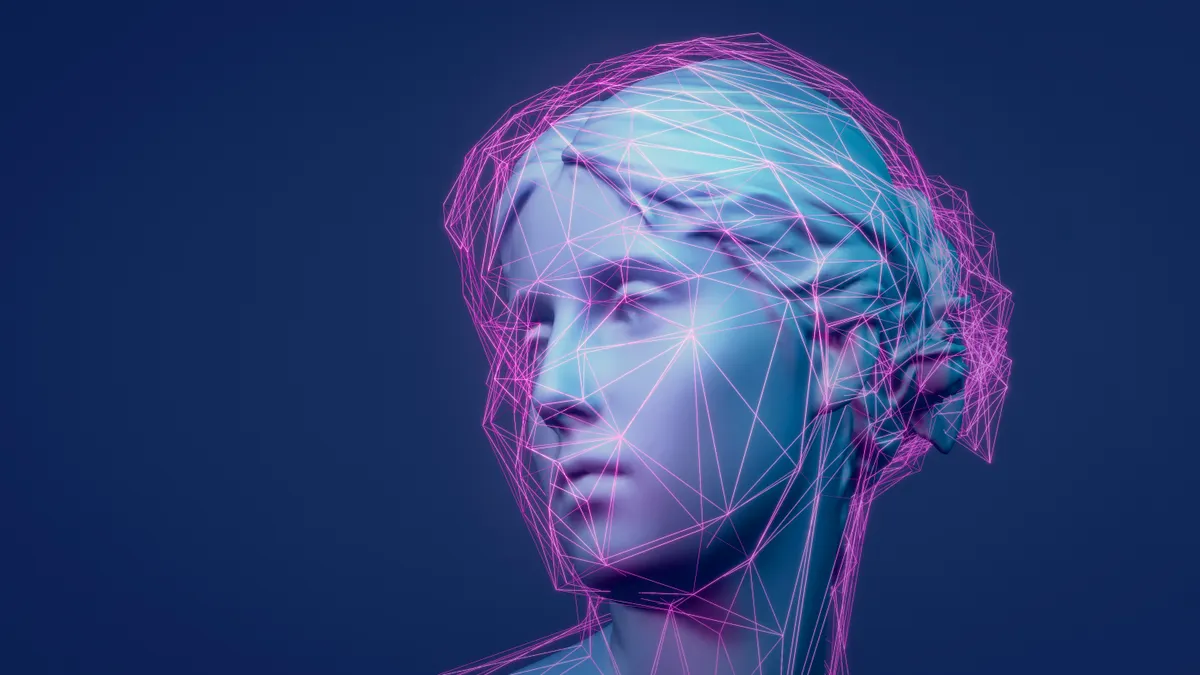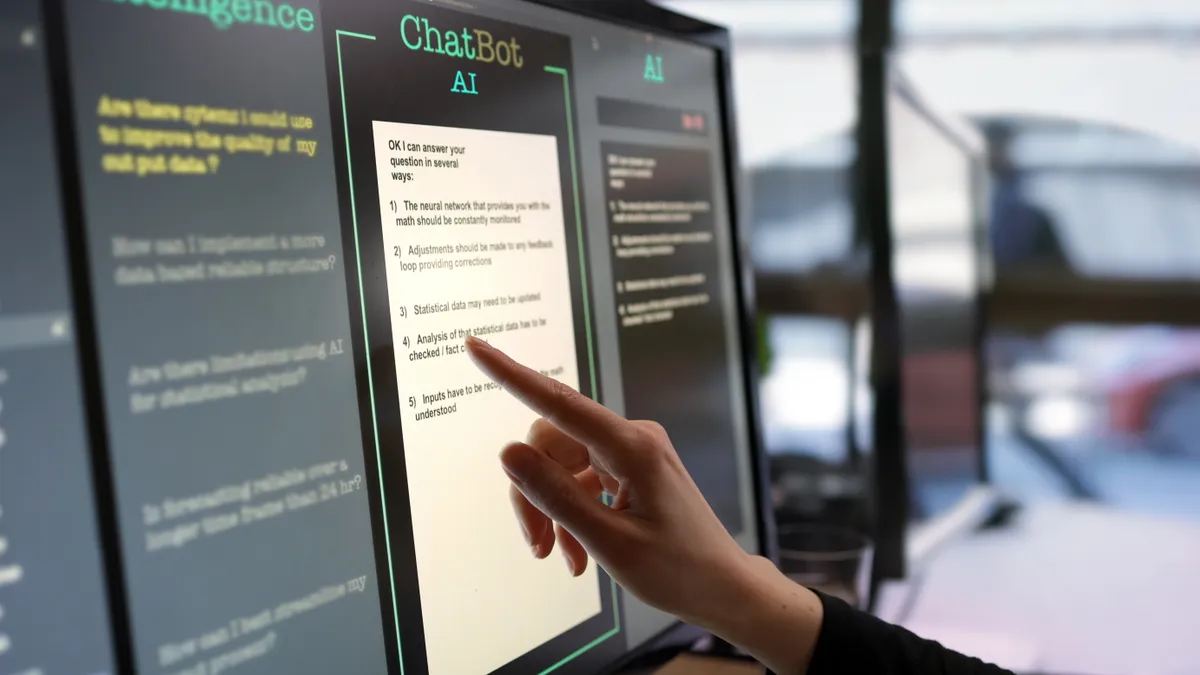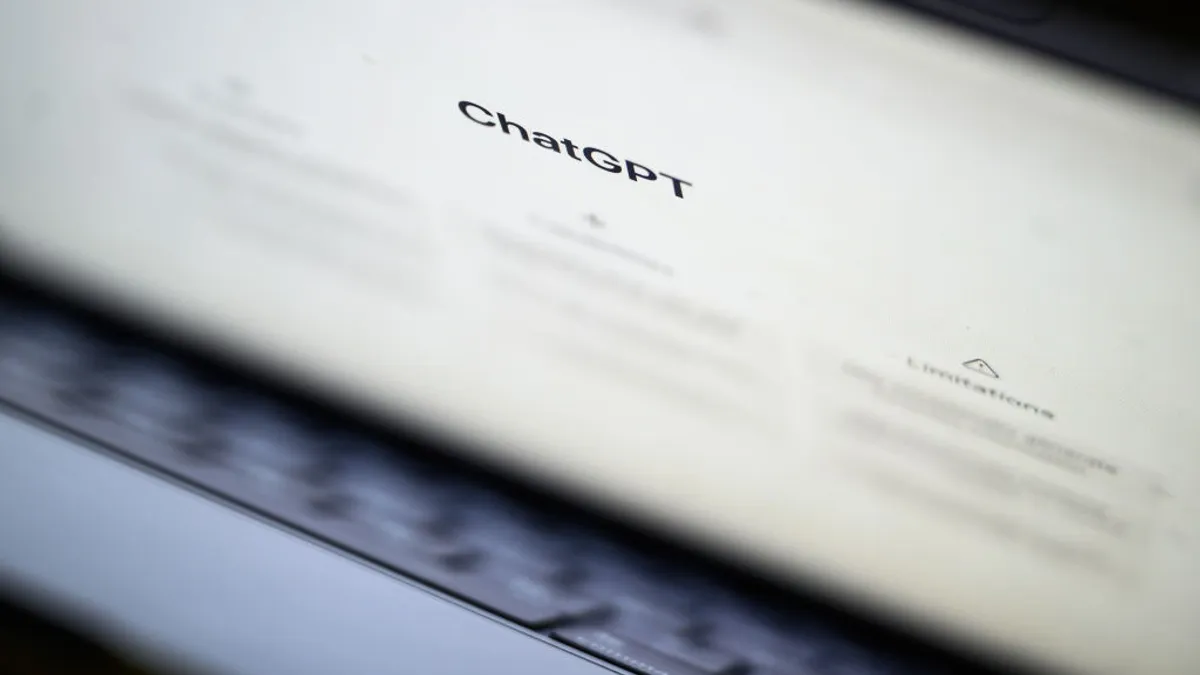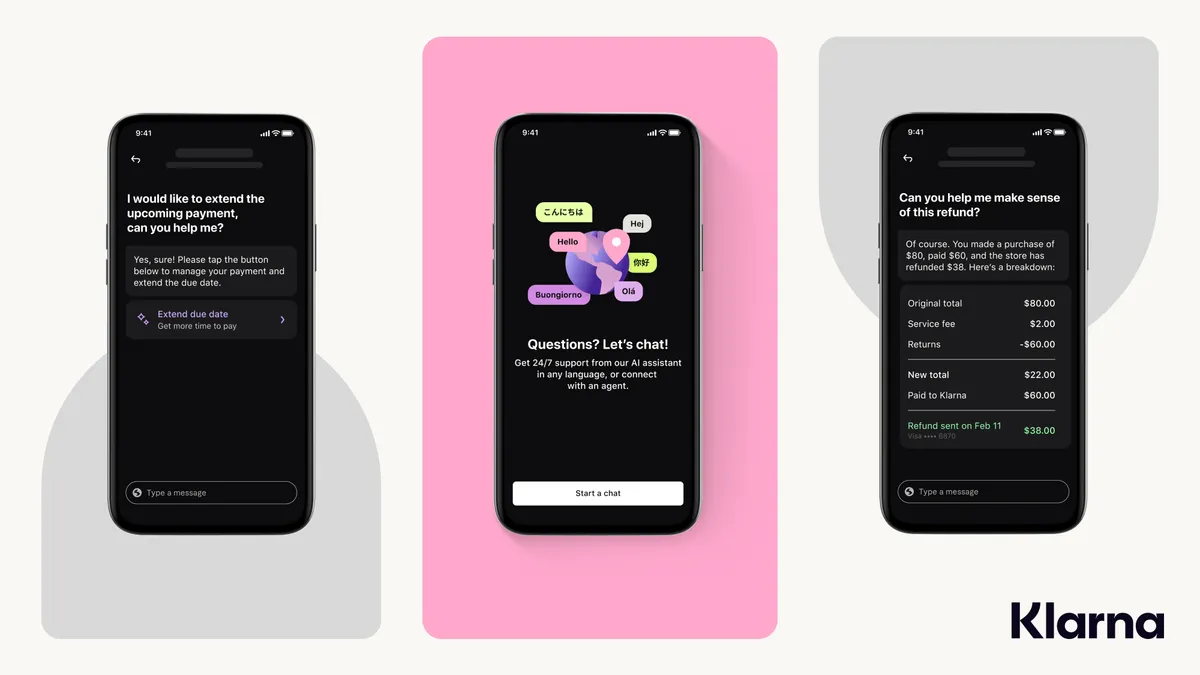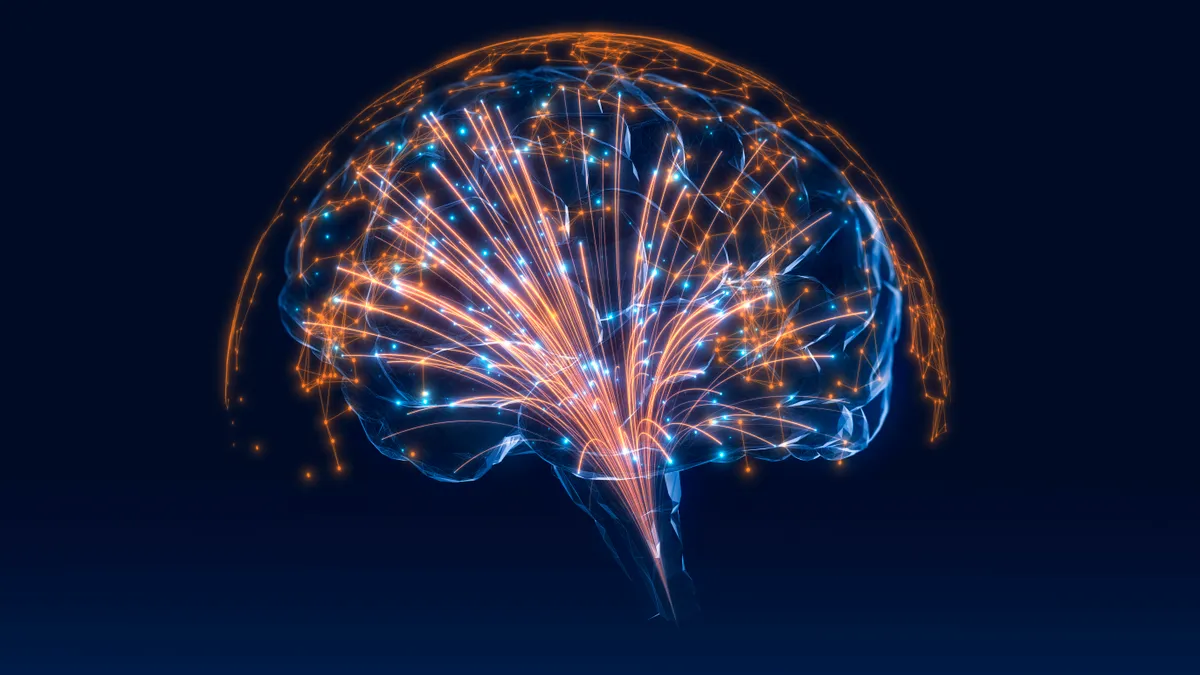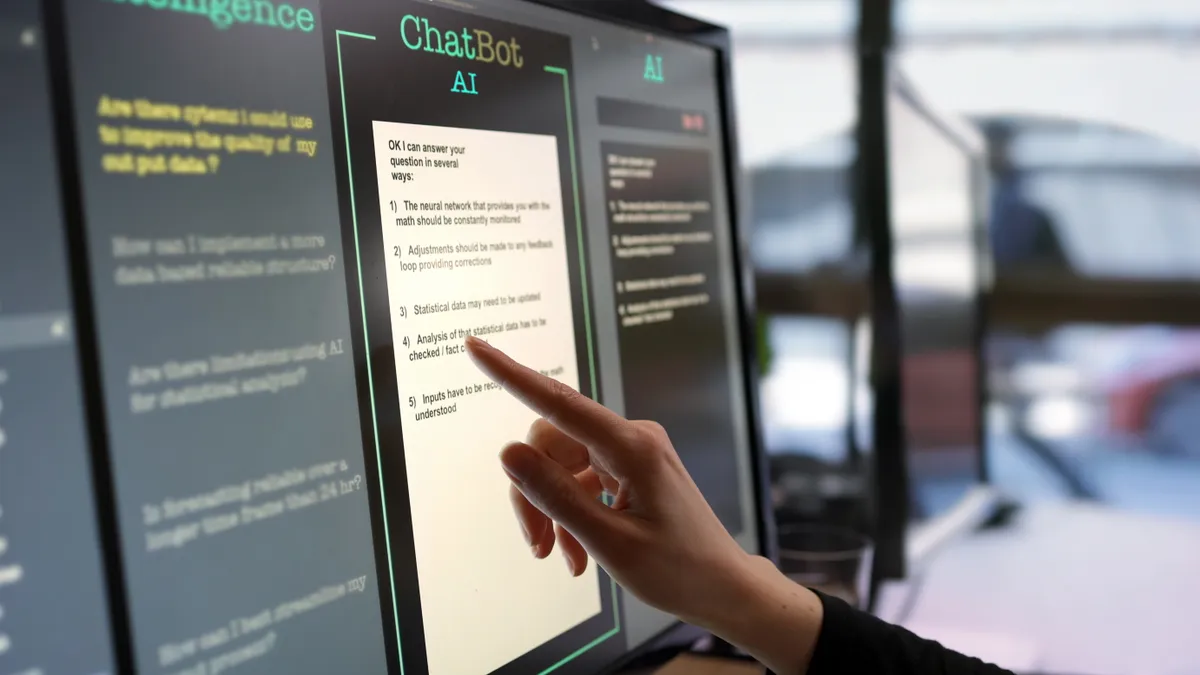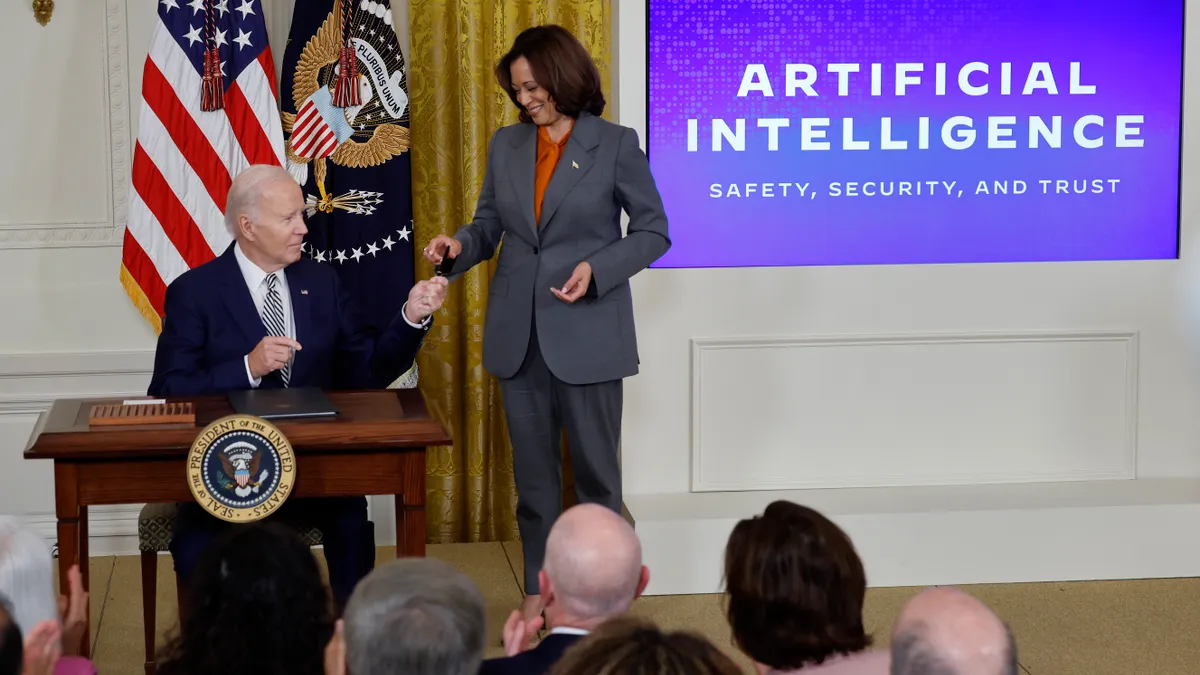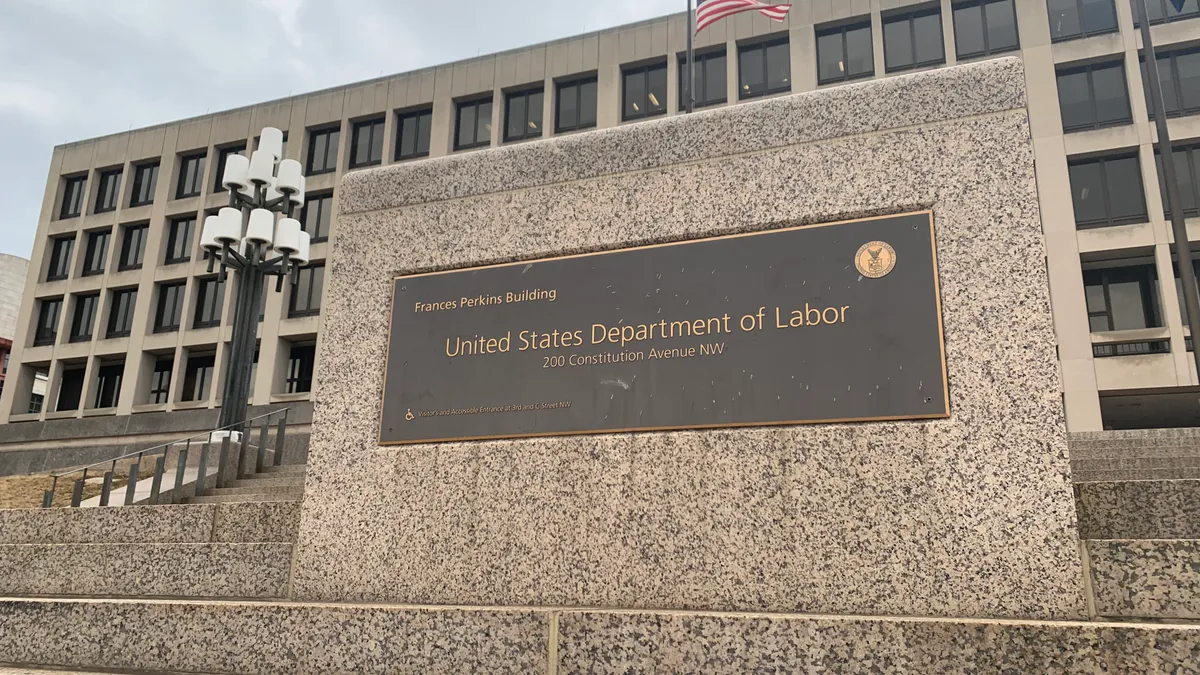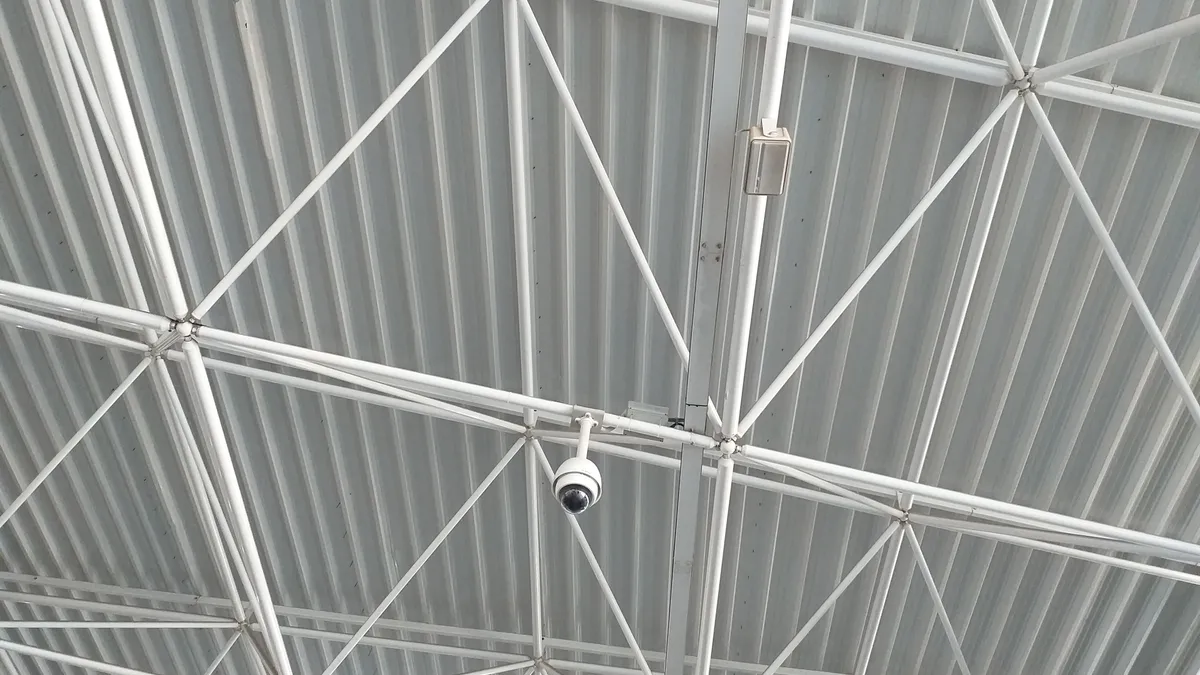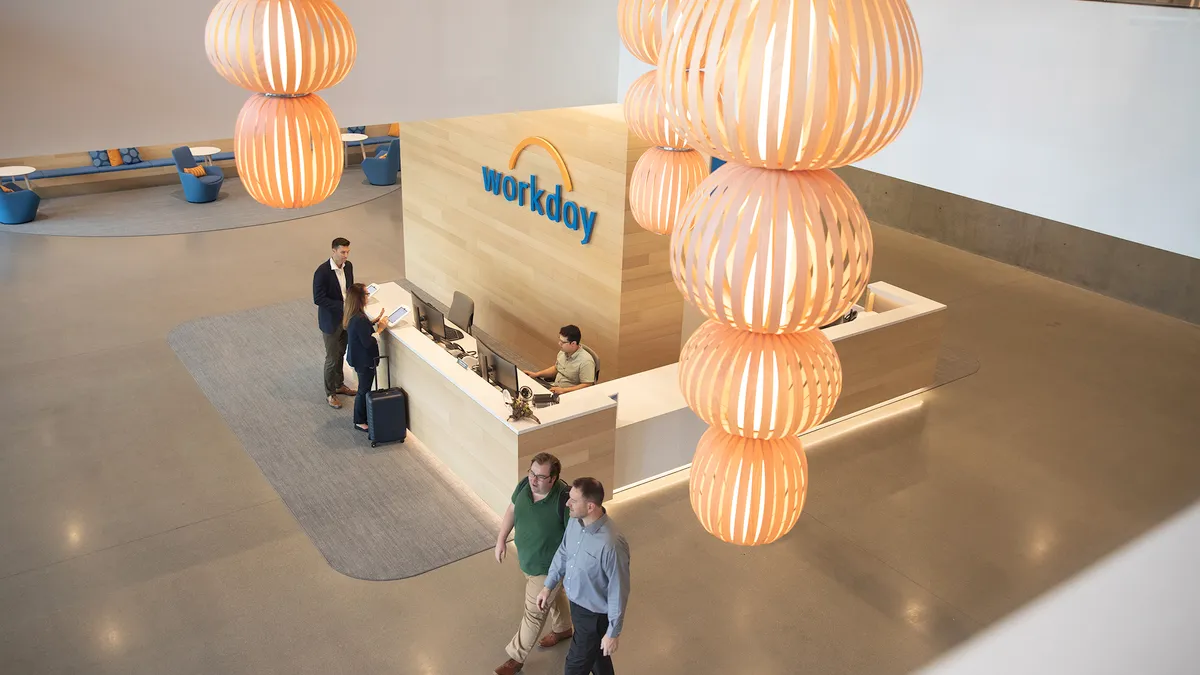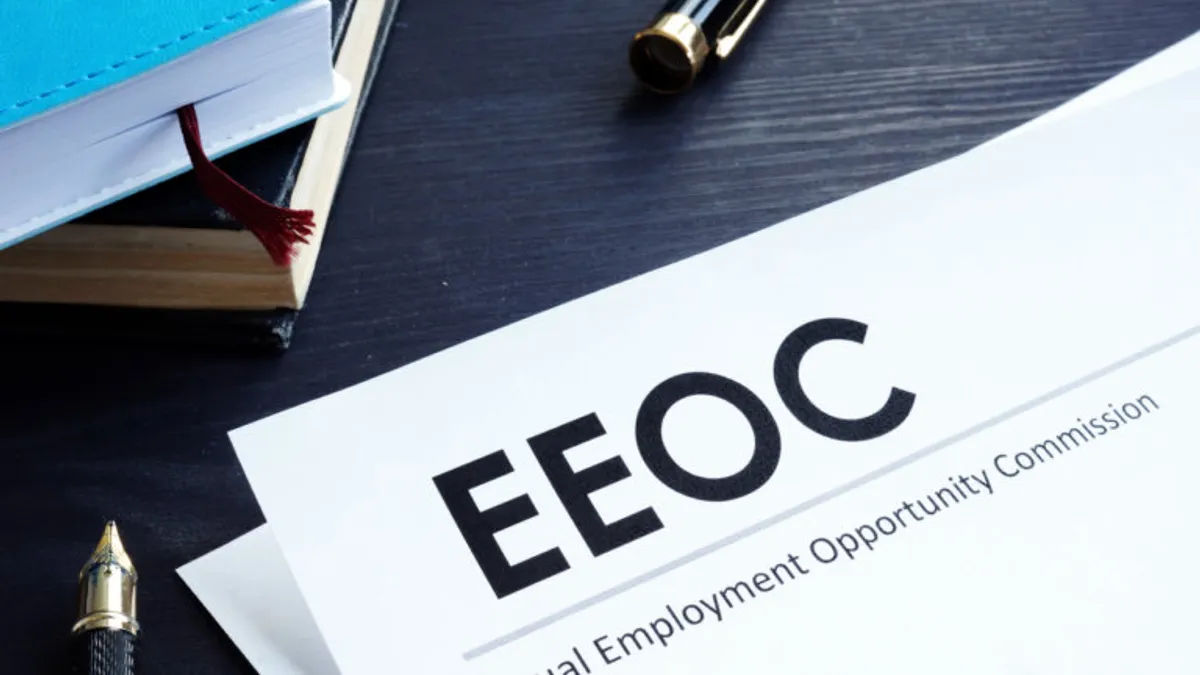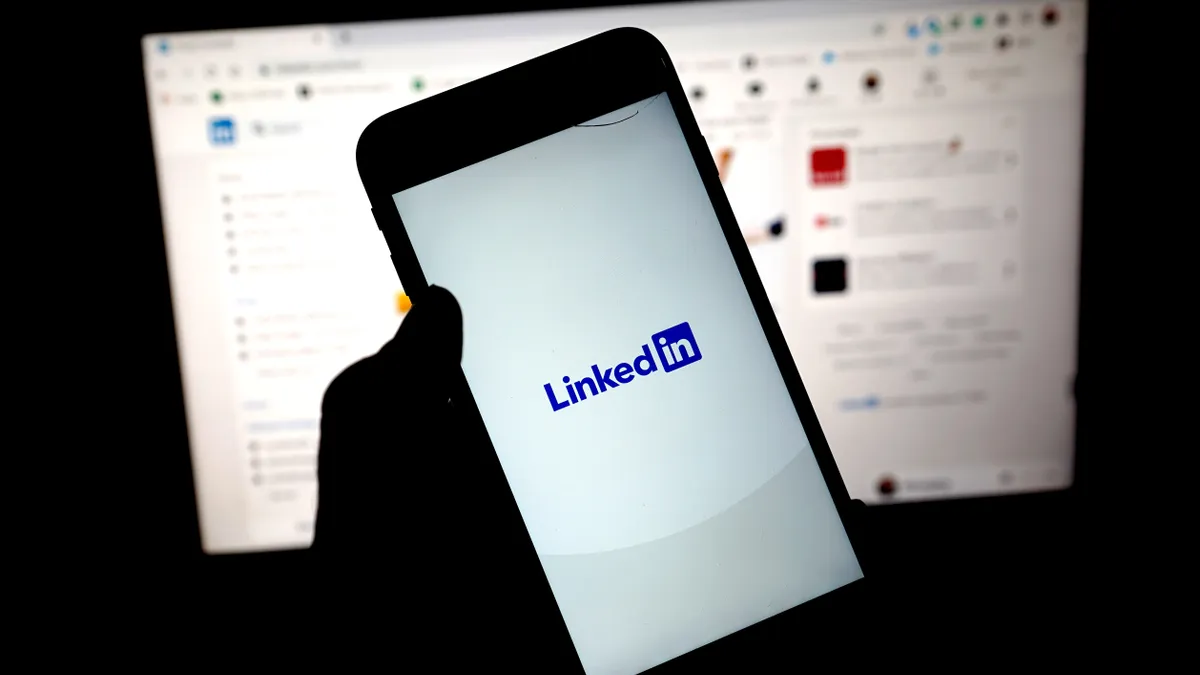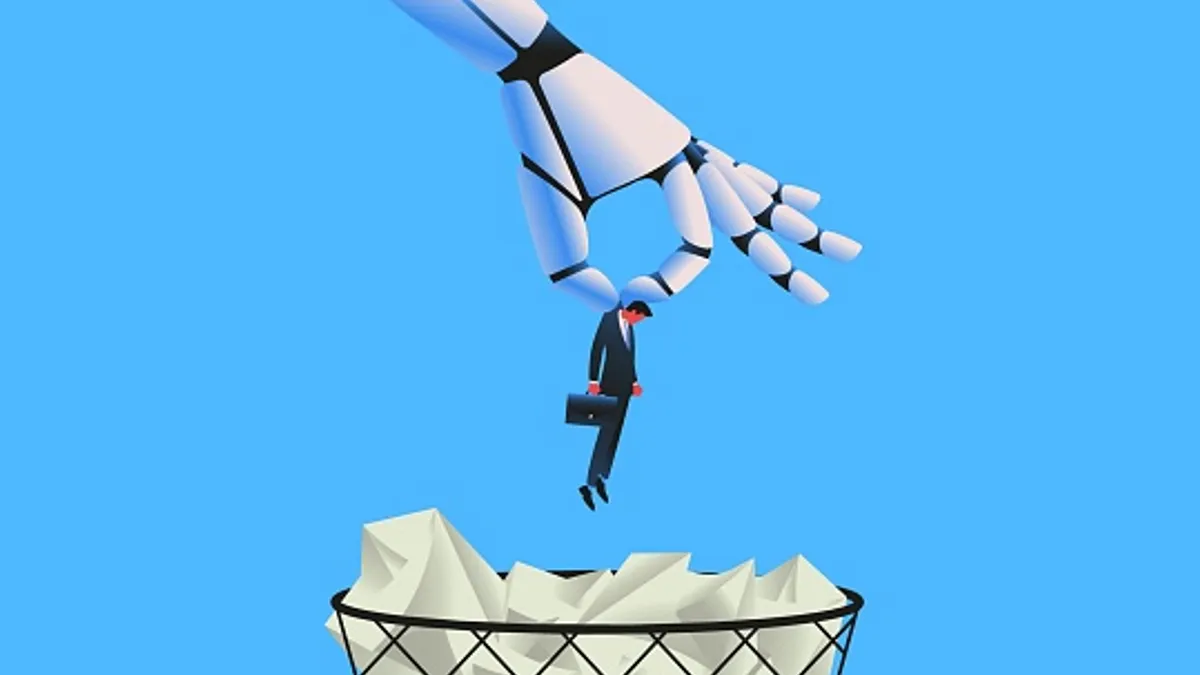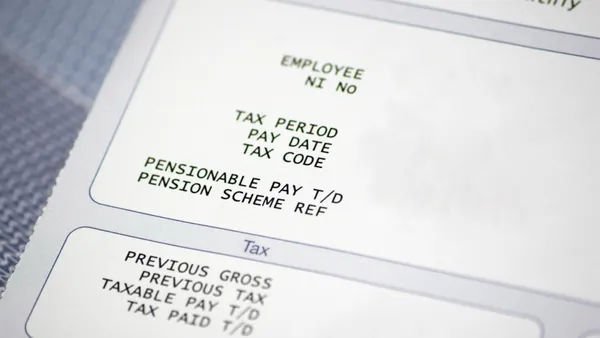Dive Brief:
- The proliferation of new technologies like generative artificial intelligence is making recent graduates uneasy, a new study released Thursday found. A third of the 1,000 people who graduated in the past year said they are second-guessing their career choice, while roughly half reported questioning their workforce preparedness and feeling threatened by AI, according to the 2023 Employability Report by Cengage Group, a global education technology company.
- Their fears aren’t entirely unfounded. More than half of the 1,000 hiring managers surveyed said some entry-level jobs, teams and skills could be replaced by AI, and more than two-thirds said many workers will need to learn new skills in the next three to five years to keep up with emerging technology.
- "The workplace has changed rapidly in the last few years, and now we are witnessing a new shift as AI begins to reshape worker productivity, job requirements, hiring habits and even entire industries," Michael Hansen, Cengage Group CEO, said in a news release.
Dive Insight:
As AI becomes more integrated into the workplace, legislators are scrambling to catch up. All told, more than 160 bills and regulations related to AI were in the works as of mid-June, a management-side lawyer said in June, warning of “a huge tsunami coming of state regulation.”
The U.S. Equal Employment Opportunity Commission in May issued guidance on how to audit AI for discrimination to remain in compliance with Title VII of the Civil Rights Act of 1964. And the EEOC, Consumer Financial Protection Bureau, U.S. Department of Justice and Federal Trade Commission in April outlined to businesses how existing laws can apply to emerging technologies like AI.
Meanwhile, New York City started enforcing a new law requiring employers to perform bias audits on automated employment decision tools and to notify candidates of the use of those tools in their hiring process.
Amid the changing AI landscape, employers are trying to figure out how the new technology affects their hiring needs. “Human” cognitive skills like problem solving, creativity, originality, imagination and the ability to learn will remain in demand, even as automated tools transform the workplace, according to a July 13 report from TalentLMS. Similarly, in the Cengage Group report, 59% of employers said AI has led them to prioritize different skills in the hiring process, including “uniquely human” skills.








